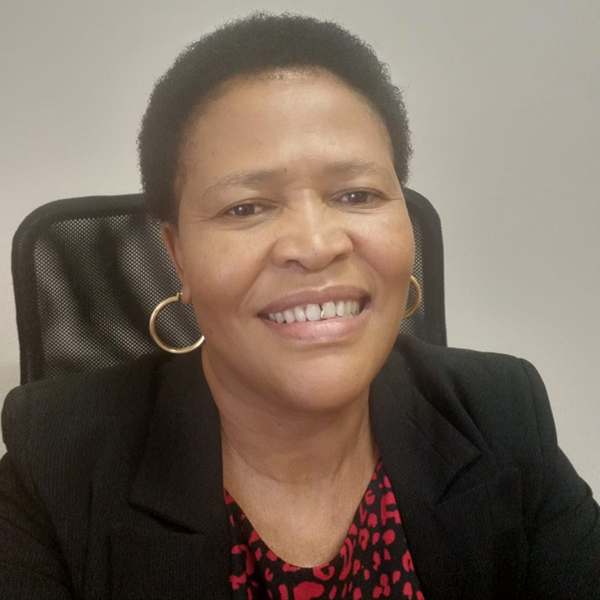North-West University (NWU) academic Prof Miriam Moagi, together with Dr Mokgobola Thobakgale from the University of Limpopo and Dr Madimetja Magoro from Tompi Seleka College of Agriculture, recently published a book chapter on indigenous health practices in the treatment of mental illness in South Africa.
The book chapter aims to demonstrate the understanding of mental illness and the treatment thereof from an indigenous African perspective.
Prof Moagi says the indigenous health practices in Africa are practised by local communities who have close relationships with traditional health practitioners as part of their culture and belief systems.
“Indigenous health practices play a role in addressing mental health systems in different communities in Africa,” says Prof Moagi.
“Traditional health practitioners are guided by ancestral spirits in addressing their cultural practices and customs. This chapter discusses the traditional health practitioners’ views on the causes, diagnoses and treatment that a mentally ill patient receives from the traditional health practitioners. It also outlines the diverse treatment and care that mentally ill persons receive from traditional health practitioners,” she adds.
According to Prof Moagi, indigenous practices in Africa are part and parcel of African traditional belief systems. Therefore, African people share a special bond with traditional health practitioners, as they live in the same community and are regarded as indigenous knowledge holders.
Secondly, the community and traditional health practitioners share similar values and cultures as such communities trust their knowledge and understanding in treating people with mental illness. It is therefore important for healthcare professionals to note the importance of culture in healthcare, given as follows:
- To promote best practices, mental healthcare professionals need to know and understand the diagnosis and treatment of mentally ill people by indigenous health practitioners.
- To avoid unsafe drug-herb interactions, there should be proper communication between the western medical community and indigenous knowledge holders. Failure to recognise and integrate traditional medication into western medical practices can lead to adverse effects, since the mixing of incompatible herbs and pharmaceuticals can weaken the patient-centred model of care.
- To avoid undermining each other and encourage a relationship of trust between mental healthcare professionals and traditional health practitioners, the two health systems have to close the communication gap. This will allow mentally ill persons to freely choose the type of service that he or she would like without fear of intimidation.
Prof Moagi says that if mental healthcare services are to be rendered in an open and conducive environment, healthcare providers should familiarise themselves with the cultures and beliefs of the communities where they work so as to better understand their healthcare systems.
“The western-trained healthcare professionals should embrace the African ways of understanding and treating mental illness and work closely with traditional health practitioners in mental health programmes.
“A health professional play an important role in coordinating healthcare in the communities they serve and must be involved in primary, secondary and tertiary activities. Healthcare professionals together with traditional health practitioners should work together in providing treatment to people who are mentally ill. Indigenous health practices need to be appraised and given due acknowledgment to address their effectiveness and accessibility to the benefit of indigenous people,” concludes Prof Moagi.

Prof Miriam Moagi.
